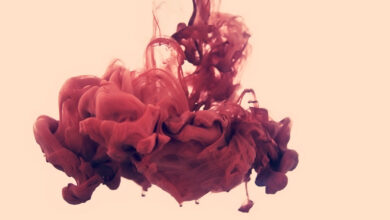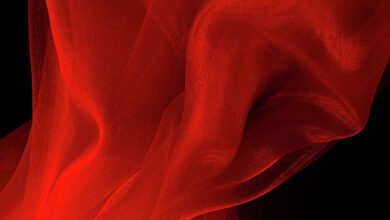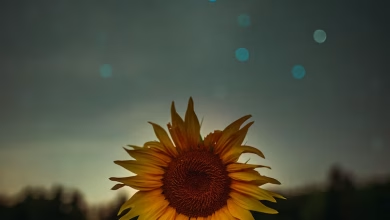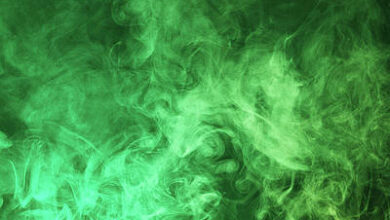PYGLET – Moving Caret to nearest point
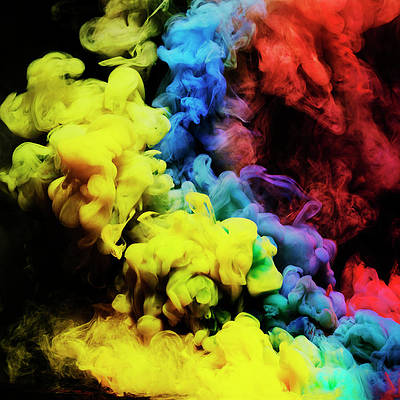
In this article we will see how we can move caret to nearest point in PYGLET module in python. Pyglet is easy to use but powerful library for developing visually rich GUI applications like games, multimedia etc. A window is a “heavyweight” object occupying operating system resources. Windows may appear as floating regions or can be set to fill an entire screen (fullscreen). Caret is basically visible text insertion marker for pyglet.text.layout.IncrementalTextLayout. The caret is drawn as a single vertical bar at the document position on a text layout object. If mark is not None, it gives the unmoving end of the current text selection. Moving caret means to move the editable mark.
We can create a window and caret with the help of commands given below
# creating a window window = pyglet.window.Window(width, height, title) # creating a caret caret = pyglet.text.caret.Caret(layout, color=(255, 255, 255))
In order to create window we use move_to_point method with the caret object
Syntax : caret.move_to_point(x, y)
Argument : It takes two integer as argument
Return : It returns None
Below is the implementation
Python3
# importing pyglet moduleimport pygletimport pyglet.window.key# width of windowwidth = 500# height of windowheight = 500# caption i.e title of the windowtitle = "Geeksforzambiatek"# creating a windowwindow = pyglet.window.Window(width, height, title)# text text = "Welcome to zambiatek"# batch objectbatch = pyglet.graphics.Batch()# creating documentdocument = pyglet.text.document.FormattedDocument(text)# setting style to the documentdocument.set_style(0, len(document.text), dict(font_name ='Arial', font_size = 16, color =(255, 255, 255, 255)))# creating a incremental text layoutlayout = pyglet.text.layout.IncrementalTextLayout(document, 400, 50, batch = batch)# creating a caretcaret = pyglet.text.caret.Caret(layout, color =(255, 255, 255))# caret to window push handlers# window.push_handlers(caret)# on draw event@window.eventdef on_draw(): # clear the window window.clear() # draw the batch batch.draw() # window push handlers window.push_handlers(caret) # key press event @window.eventdef on_key_press(symbol, modifier): # key "C" get press if symbol == pyglet.window.key.C: # closing the window window.close() # image for iconimg = image = pyglet.resource.image("logo.png")# setting image as iconwindow.set_icon(img)# importing pyglet moduleimport pygletimport pyglet.window.key# width of windowwidth = 500# height of windowheight = 500# caption i.e title of the windowtitle = "Geeksforzambiatek"# creating a windowwindow = pyglet.window.Window(width, height, title)# text text = "Welcome to zambiatek"# batch objectbatch = pyglet.graphics.Batch()# creating documentdocument = pyglet.text.document.FormattedDocument(text)# setting style to the documentdocument.set_style(0, len(document.text), dict(font_name ='Arial', font_size = 16, color =(255, 255, 255, 255)))# creating a incremental text layoutlayout = pyglet.text.layout.IncrementalTextLayout(document, 400, 50, batch = batch)# creating a caretcaret = pyglet.text.caret.Caret(layout, color =(255, 255, 255))# caret to window push handlerswindow.push_handlers(caret) # moving caret to point# editable markvalue = caret.move_to_point(100, 30)# on draw event@window.eventdef on_draw(): # clear the window window.clear() # draw the batch batch.draw() # caret to window push handlers window.push_handlers(caret) # key press event @window.eventdef on_key_press(symbol, modifier): # key "C" get press if symbol == pyglet.window.key.C: # closing the window # window.close() pass # image for iconimg = image = pyglet.resource.image("logo.png")# setting image as iconwindow.set_icon(img)# start running the applicationpyglet.app.run() |
Output :


